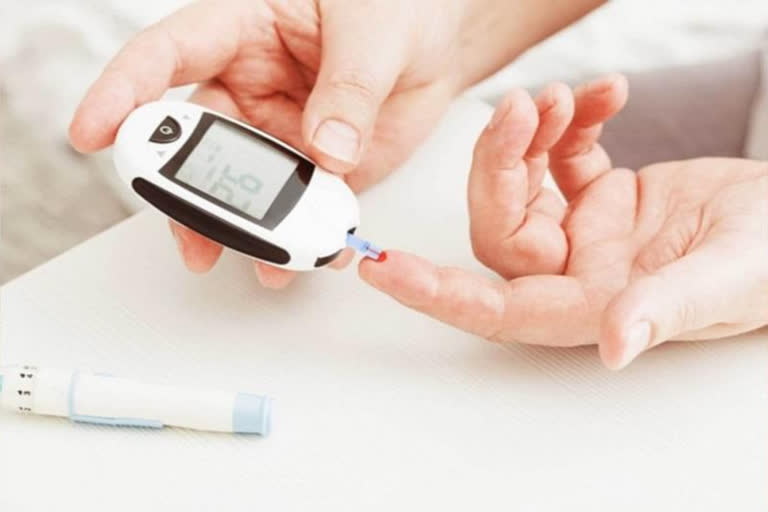New Delhi: At a time when India is fighting hard against Covid19 pandemic, renowned health experts have cautioned over Maturity Onset Diabetes of the Young (MODY), an inherited form of diabetes mellitus which is caused by a change in a group of genes.
Experts cautioned that the current Covid19 situation has already hampered overall clinical services across the country.
"Patients have delayed seeking health services, especially specialist consultation and tertiary diabetic centers. This might have caused delay in identifying suspected MODY subjects and carrying genetic analysis. Identifying and establishing MODY diagnosis would help us in precision medicine, which not only means advising appropriate medications but also achieving best glucose control results. Otherwise, many would end up wrongly diagnosed as type 1 or type 2 diabetes with some subjects getting treated with insulin unnecessarily. It is important to reach out to your doctor to discuss the possibility of MODY,” said Dr Santhosh Olety, Paediatric and Adolescent Endocrinologist.
Reports provided by Med Genome, a leading genetic testing company, suggests that up to 5 percent of all diabetes cases may be due to MODY. Just like other people with diabetes, people with MODY have trouble regulating their blood sugar levels. This disorder is more like type 1 diabetes than type 2, although it can be confused with either type, reports said.
An obese person with a MODY gene mutation may develop symptoms of diabetes sooner than someone of normal weight. MODY being a rare form of diabetes often goes unnoticed but it is hereditary as it runs in families and is caused by a single gene mutation which can occur in 14 different forms — each with its own unique clinical characteristics.
READ: Hong Kong halts flights from UK amid virus scare
It is estimated that India’s current population approx. 463 million adults (20-79 years) diagnosed with diabetes are expected to rise to 700 million by 2045. The prevalence of Diabetes in its larger population has been a concern both at the state and central level.
When asked whether there is any survey to ascertain the prevalence of MODY among Indian population, Dr Santhosh Olety said that Data is sparse from Indian subcontinent. “There are no population based surveys available. Although few studies from south India using clinical criteria, screening of the clinically suspected subjects identified genetic defects in around 12 to 19 percent. Among them, most common was MODY type 3, MODY 1 and MODY 12. More studies in this aspect from diverse regions of India will bring more insight and expand our knowledge of MODY prevalence in our population,” he said.
He further said, “With refinement in our understanding of genetic causes of diabetes, we are able to provide specific treatment and predict potential associated problems like kidney disease, deafness etc. Also, certain types of MODY (type 2) have mildly raised glucose levels which do not require any treatment at all thereby avoiding unnecessary tablets or insulin.”
Mostly MODY is an autosomal dominant condition, which means there is 50 percent risk of transmitting the same gene on to their children.
“Knowing the genetic diagnosis of a subject will allow us to suspect and screen family members at the earliest before additional problems develop and guide appropriate clinical management. It is important to sensibly use genetic tests in situations where they probably be positive and can alter clinical care, by careful selection of subjects with clinical features unusual from type 1 or type 2,” said Dr Olety.



